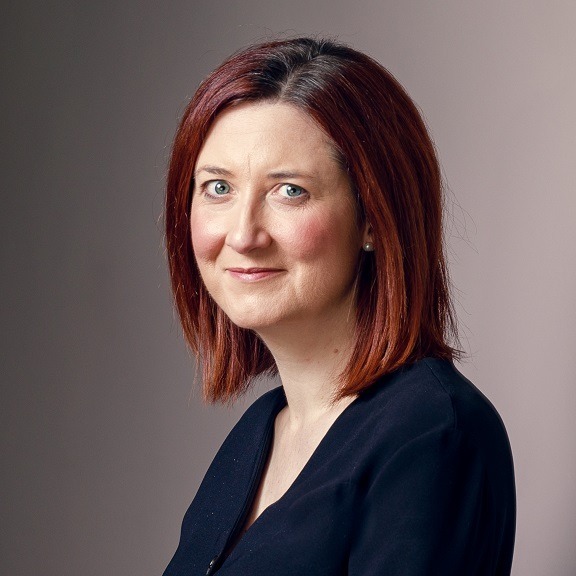The best innovations should drive social purpose for housing associations – read our Chief Operating Officer’s innovation blog for the NHF website
Our Chief Operating Officer, Kate Still, has written a blog for the National Housing Federation’s (NHF) website. The National Housing Federation is the voice of housing associations in England.
The piece focuses on how the best innovations should drive social purpose for housing associations.
The piece comes just before Kate is speaking at the NHF Housing Summit on Wednesday, discussing transformational leadership and personal brand/credibility at work.
You can read the full article here:
The best innovations should drive social purpose for housing associations
In early September we became Citizen. This was the culmination of an extremely challenging, year-long process in which we worked with our residents, staff and stakeholders to put ourselves under the microscope and ask a fundamental question – will where we are now get us to where we need and want to be?
The answer was no. We knew we wanted to make a step change in what it means to provide quality social housing that helps people thrive.
How we identified the challenge we wanted to solve
To achieve this, we needed to address the expensive and difficult elephants in the room – tackling homelessness demand at scale, offering a standard for empty homes that helps people to thrive as soon as they move in, and offering robust services to promote social and economic mobility.
We came to a board level agreement that solving these issues was paramount, and this was the first fundamental aspect of our innovation journey.
Next, we looked at what existed in our business that was incompatible with this and set about addressing the human and business problems they created.
We set three priorities for our first stage of service innovation:
- Provide a solution to the gap in independent advice for all our residents to stop a personal crisis ending a tenancy
- Increase our empty homes standard to provide flooring, decoration, access to white goods and affordable furniture
- Reimagine what support and supported housing really means in the current welfare context.
To help us build our skills we partnered with an innovation company called ?What If! A cross-functional team in the organisation was set up to make sure the ideas were robust and would pass key business case tests.
As Chief Operating Officer I participated in the team doing the same research work as everyone else.
I did this so that when it came to having to make cases to our board I had the knowledge of the product, its impact and how robust the development process had been.
This was crucial for our first innovations as all too often the senior sign-off process crushes an innovation.
The results so far
We are nine months into this process with exciting new products and services in development.
Our first product launch was our new 24/7 tenant support and wellbeing service.
Staff across our organisation were frustrated that they couldn’t get help for customers quickly enough on a wide range of issues which would help to keep people in their homes during times of personal crisis.
We started to look at what existed in a range of other sectors but quickly realised we already had a service like this in our own business – our employee assistance programme.
We asked our provider, Life and Progress, what we thought would be an impossible question, “how much would it cost to expand this service to customers?” The answer was just £45,000 a year.
We started a two-year pilot of the service in May this year. To date we have rolled the service out to a pilot group of new tenants, around 400 people, and 59 of them have already accessed the service. In the autumn we will expand this to all 30,000 households.
This confidential service is not just a responsible thing to provide for our customers, it also informs our work by giving us great insight into the issues they face in their wider life which we are using to inform the development of our services and our wider innovations.
We can already see, for example, that relationship breakdown and addiction are two considerable concerns that people are reaching out for help with. The process of coming up with this idea and rolling it out took just a month.
What we have learnt along the way:
- Be a learner not a knower – ask the stupid question, you might get a surprising answer
- Be willing to fail – when developing our first business case we were working with limited insight because it hadn’t been done before, we decided the relatively small cost was worth having a go
Leaders need to be careful not to crush ideas – don’t shut them down or judge everything by financial standards. The process of innovation is about building on kernels of ideas, not all of which will be fully formed at the beginning.
Kate Still, Chief Operating Officer, Citizen




